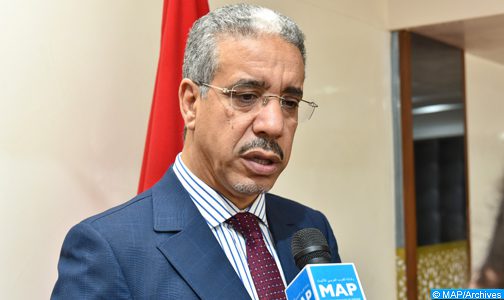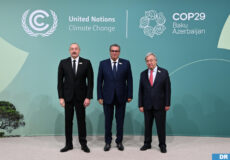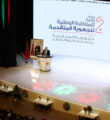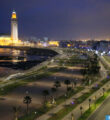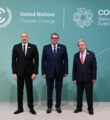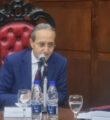Morocco Has Been Committed for Years to Meeting Climate Challenges (Minister)
Rabat – Morocco has been committed, for years, to meeting the challenges related to the environment and climate, said minister of Energy, Mining and Environment, Aziz Rabbah.
Speaking at a virtual ministerial session on the theme “Adaptation to climate change and resilience”, held on April 22 as part of the activities of the Climate Summit, organized by the U.S. presidency, Rabbah noted that the Kingdom has adopted a sustainable development strategy “to strengthen sustainability in all sectors”.
Thanks to this strategy, the Kingdom has established “ambitious” sectoral policies, including the policy of development of renewable energy, which has allowed, through significant investment, to achieve an “excellent outcome” in terms of meeting energy demand and limiting greenhouse gas emissions, he said, as quoted on Monday by a statement of the ministry of Energy, Mining and Environment.
In order to address the impacts related to water and food security, the minister stressed that the Kingdom of Morocco has developed strategies and national plans integrating the dimensions of climate change, both in the field of water, agriculture, fisheries, coasts, ecosystems and forests.
In this regard, the National Water Plan 2020-2050, worth about 40 billion dollars, constitutes a strategic lever to meet future challenges in the field of water and the fight against climate change over the next thirty years, mainly through the development of supply by the construction of dams and desalination plants of seawater as well as the reuse of wastewater, he added.
Also, the strategy “Generation Green for the development of the agricultural sector 2020-2030” takes into account the preservation of water resources, the development of localized irrigation, the adoption of resilient agricultural techniques, the use of clean energy, the promotion of solidarity agriculture and the development of the rural world, he said.
In this context, Rabbah recalled the initiatives launched by Morocco, particularly at the continental level, at the initiative of His Majesty King Mohammed VI, such as the creation of three climate commissions for the African regions most vulnerable to the effects of climate change, namely the Congo Basin region, the Sahel region and the Small Island States.
These are the Initiative for the Adaptation of African Agriculture, the Blue Belt Initiative, which concerns the equilibrium of coastal marine ecosystems, the Water for Africa Initiative, the “Sustainability, Security and Stability in Africa” Initiative, aimed at building resilience and improving the incomes of the African populations concerned, in addition to the initiative on sustainable access to energy in the least developed countries.



